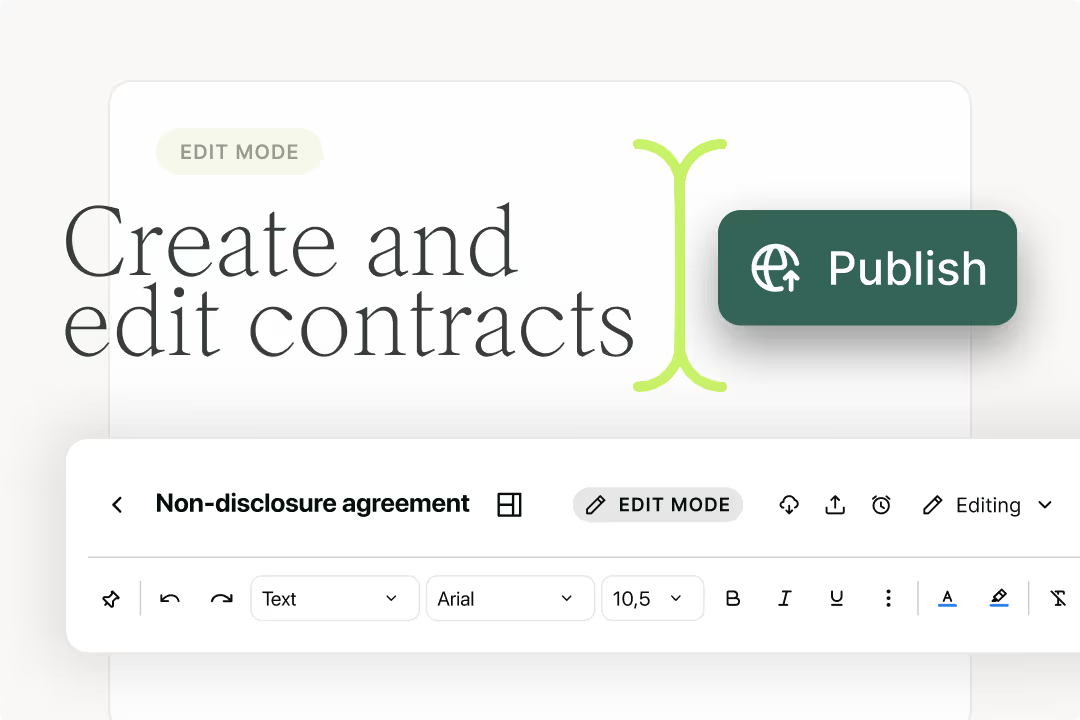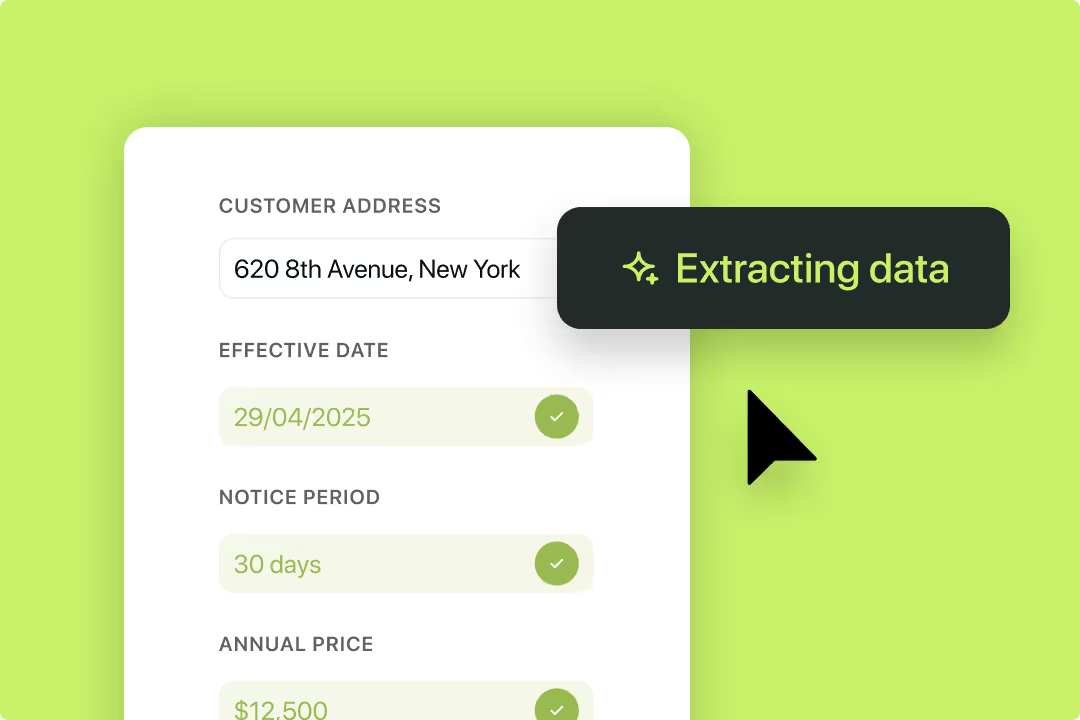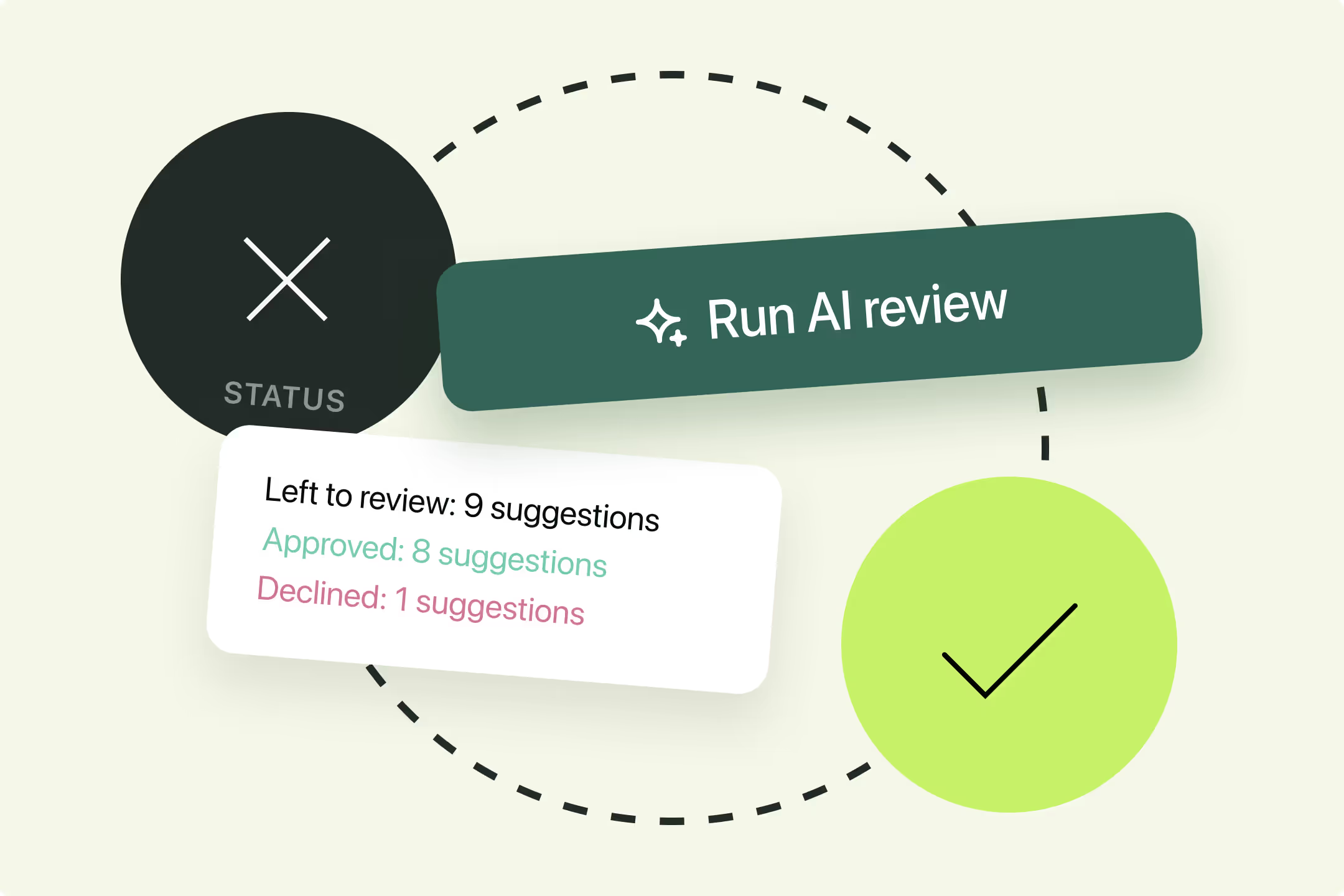Solutions
Customer Support
Resources
You’ve got a high-value prospect.
Sales is excited. Legal is nervous. Finance wants to double-check the numbers. Suddenly, a straightforward close takes weeks—and the customer loses patience.
Sound familiar? That’s exactly the problem a deal desk is designed to solve.
In 2026, the role of the deal desk has evolved from a niche support function to a strategic growth engine. In this guide, we'll explore how you can achieve the same.
A deal desk is a cross-functional team and workflow that supports complex or non-standard deals. Instead of deals bouncing endlessly between Sales, Legal, Finance, and Operations, the deal desk becomes the central command center that:
Five years ago, deal desks were mostly used by enterprise SaaS giants. Today, even growth-stage companies are setting them up because:
With effectively built deal desks reducing approval times, improving renewal and upsell opportunities, and increasing productivity, teams that fail to adopt a deal desk mindset are missing out on considerable gains.

At a rapidly-scaling business, deal desks can ensure that the company continues to meet its aggressive growth targets, without compromising on the customer journey, quality of support, or compliance issues.
Deal desks also streamline the process through standardization; by creating contract templates, approval guidelines, FAQs, and so on, commercial teams can speed up the sales cycle, closing deals more efficiently without any team acting as a bottleneck along the way.
If you’re interested in setting up a deal desk for your business to improve the contract process, hit the button below - otherwise, read on to learn more.

This responsibility of running a deal desk usually falls on revenue operations teams. Sometimes the revenue operations manager will take on the project of centralizing information from various teams. In larger businesses, there may be a deal desk manager or deal desk specialist who advises the sales team and helps reps close more deals.
A deal desk is important because it can empower businesses to scale faster, reducing the admin work involved in closing deals - and especially in a high-growth startup setting, this kind of enablement is invaluable. In a startup, some teams may double or triple in headcount while other teams don’t grow at all, so it's useful to find solutions that prevent lean teams from acting as blockers to the wider business.
Legal and sales are a great example - the legal team at a high-growth company usually consists of one or two lawyers, often serving a business well into the hundreds. In the space of a year, legal headcount may only increase by one - and by comparison, the sales team can easily grow from five reps to 50 in that same time.
By setting up a deal desk, legal teams can:
There are several ways legal can get involved in streamlining the sales cycle, which we’ll explore below.

Creating that oversight involves mitigating risk - and at a growing business, there are a lot of potential risks that legal needs to address, such as contracts, information security (or infosec) and compliance.
Let’s explore all three of these points to see how legal can better enable the business.
Most scaling businesses agree and manage their contracts in the same way: through existing tools in the company. You likely know of the manual process by now, which involves:
It’s clearly a lengthy, time-consuming workflow, and it creates several black holes where legal doesn’t have visibility on the contract - for example, at points where the counterparty is amending the contract without tracked changes, or where legal isn’t copied into communications between sales and the counterparty.
This lack of visibility makes it difficult for the legal team to enable sales to self-serve - but on the other hand, the sales team should be the ones responsible for using the contracts. How can legal enable self-serve on contracts whilst maintaining visibility on the workflow? There are a few options legal can follow:
Setting a standard for commonly-used clauses in contracts minimizes negotiations and reduces the risk of sales reps freestyling terms. This also eliminates the need for legal review on each contract - lawyers know what to expect with standardized terms, and they only need to get involved when the counterparty wants to challenge these terms.
A tool that allows teams to create contract templates and restrict editing access can help with this.

All-in-one contract automation platforms like Juro can also help businesses agree and manage contracts in a unified workspace - ensuring that there’s visibility on every stage of the lifecycle. With everything from contract creation to negotiations to signature taking place in-browser, legal don’t need to worry about losing oversight on the contract.
Automating legal documents can help teams get data on the end-to-end lifecycle, which allows legal to understand where exactly the business can save time.
Is there a certain clause that’s constantly challenged in negotiations with the counterparty? Can legal implement a Q&A workflow to reduce the risk of human error and speed up the contract creation process?
Having this information to hand is useful - it means everyone involved in the deal desk can lean on an automated system, rather than an individual, to provide contract data and analytics.

Information security, or infosec, is a responsibility that often falls with legal. This involves making sure the business’ privacy and security procedures are watertight. It’s important for legal to equip colleagues with the information they need, but it can also be challenging, especially without budget and resource for new legal software.
Creating a privacy-focused culture is key, especially at a high-growth company selling software-as-a-service, for example. As the business scales, and the product develops, the questions surrounding privacy and information security will also change - and keeping up with those changes can be time-consuming for a lean legal team.
One way legal can enable colleagues in a deal desk with the most accurate and up-to-date information is by setting up a chatbot that can answer the most frequently asked questions.
This AI chatbot can use machine learning to understand the variations of questions colleagues may ask, and direct them to the correct resource. This takes legal out of the equation and automates that knowledge for the business to easily access.
This can also empower sales to find answers to their questions in a fraction of the time, speeding up the sales cycle without legal involvement.
Larger businesses have the luxury of internal audit functions to tackle contract compliance issues. At smaller companies, however, this falls onto legal’s plate.
And it’s not easy - as the business scales, it’s vital that legal maintains oversight on compliance issues. Whether it’s financial reporting, key contract terms, or privacy policies, colleagues need to be able to access this information as and when they need it, in order to remain compliant.

How can legal ensure colleagues have this access, without sinking too much of their valuable time into this? This involves empowering other members of the team to self-serve on that knowledge.
Legal can create lessons on certain topics, such as contract terms, and upload these sessions to a shared space where colleagues can access regularly. These can also be included in introductory sessions with new joiners, to make sure everyone is aligned.
Legal can attend weekly meetings with the commercial teams to give colleagues an opportunity to raise questions and concerns during the call. This provides a useful insight into the gaps of knowledge, allowing legal to address those in informal how-to sessions or dedicated trainings.
More significant changes, such as regulatory updates, require a larger session. Legal can deliver a company-wide presentation to discuss these compliance issues and, more importantly, how these issues impact the business. With deal desk stakeholders, it’s essential that legal provides the right information to empower colleagues to discuss these issues with customers and counterparties.
If you’re considering setting up a deal desk, here are some tips to get you started.

A deal desk is no longer a “nice-to-have.” In 2026, it’s a strategic must-have for any company closing complex deals at speed.
By combining clear rules, automation, and AI-powered contract workflows, businesses can close faster, reduce risk, and keep customers happy.
Want to see how Juro helps deal desks run faster? Book a demo.
Deal desk review is the process of a cross-functional team coming together to assess the implications, value and importance of a complex, high value deal. A deal desk review typically involves a presentation by the sales function about the details of a specific deal and this is then discussed in more detail.
Other departments then respond by providing their input on matters such as contract terms, pricing, quotes, and timings. Following a deal desk review, most deals will receive a final, cross-functional approval.
A deal desk manager is an individual that’s responsible for ensuring that the deal desk process runs smoothly. They are typically responsible for:
Deal desks typically sit in the sales operations function within organizations. However, since deal desks are comprised cross-functional teams, various different departments will have an influence over the deals managed within a deal desk. This means that it is more of a centralized hub than one that sits exclusively within the sales function.
Lorem ipsum dolor sit amet, consectetur adipiscing elit. Suspendisse varius enim in eros elementum tristique. Duis cursus, mi quis viverra ornare, eros dolor interdum nulla, ut commodo diam libero vitae erat. Aenean faucibus nibh et justo cursus id rutrum lorem imperdiet. Nunc ut sem vitae risus tristique posuere.

